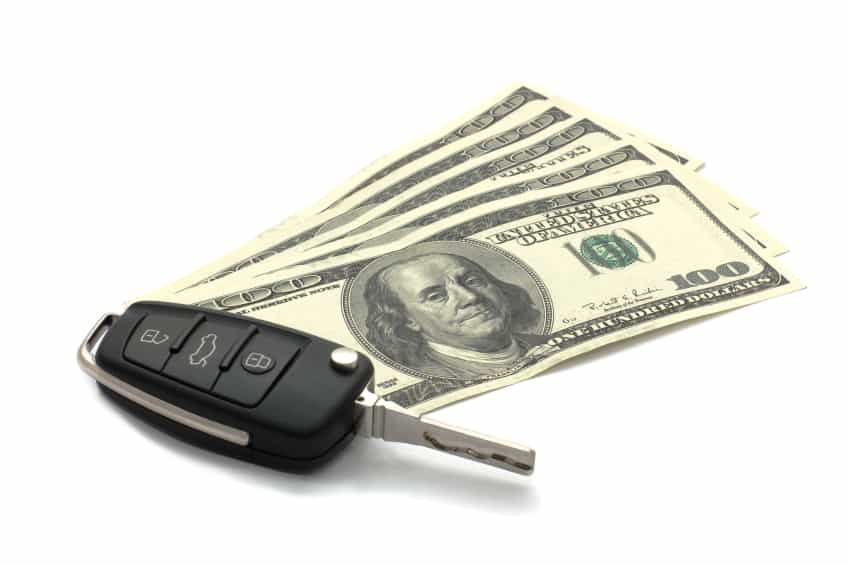 We are not often the readers of happy headlines, especially when it comes to drinking and driving. A DUI is a completely preventable crime, and it seems that everyone should just agree to remain sober while driving, so we can all live happily ever after. Unfortunately, those daily headlines prove that sober driving is not always the choice made and that each year, people are still killed and injured by drunk drivers.
We are not often the readers of happy headlines, especially when it comes to drinking and driving. A DUI is a completely preventable crime, and it seems that everyone should just agree to remain sober while driving, so we can all live happily ever after. Unfortunately, those daily headlines prove that sober driving is not always the choice made and that each year, people are still killed and injured by drunk drivers.
That is why it is so remarkable to see a positive statistic about drunk driving, like the reduction in DUI fatalities in West Virginia. Since 2008, the state has reduced those numbers by 40 percent. How? By implementing a comprehensive ignition interlock program.
West Virginia’s Motor Vehicle Alcohol Test and Lock ignition interlock program focuses on the rehabilitation of DUI offenders after a drunk driving incident occurs. The program is only mandatory for some DUI offenses, yet, it has been extremely effective in reducing the number of repeat offenders on the road. This success is due to the program’s guidelines that include:
- First offense drunk driving convictions.
- Repeat offenses.
- Underage drunk driving convictions.
- Aggravating DUI circumstances (high BAC, bodily injury, child endangerment).
- Refusing a breathalyzer test during a DUI stop.
- Eligibility guidelines and options for affording the cost of an interlock.
For the last seven years, West Virginia has relied on the Motor Vehicle Alcohol Test and Lock program to provide a solution to DUI offenders who want to retain their freedom to drive, while ensuring safe streets for all residents of the state. The program and the ignition interlock devices are proving that through an approach that encourages rehabilitation over punishment (such as jail time), that people will continue to make better choices. In West Virginia, that translates to a safer environment and a better understanding of how an ignition interlock program can change the negative headlines into positive and safe success stories.

 Is There Cost Assistance for a Texas Ignition Interlock?
Is There Cost Assistance for a Texas Ignition Interlock?